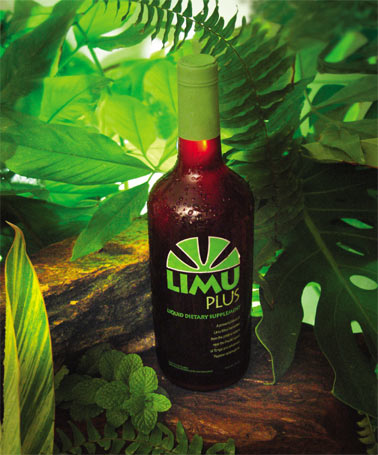Acute Inflammation
Acute inflammation comes quickly and continues only until it is needed to be able to help heal and repair what is sick. Unlike chronic inflammation which continues on and on and has a direct or indirect link to disease.
Have you ever bumped your knee or had a pimple that became red and swollen?
If you have, you probably wondered why it became so painful to the touch and why it became red and puffy in the first place.
Why does the body respond to injury with local inflammation and tenderness?
The answer is that this is the body's response to injury to protect it from further injury and to help the healing process along. This process is called acute inflammation, and everyone should have at least some basic knowledge concerning it.
Acute inflammation is your body's response to a wide range of injuries. These injuries can be mechanical like gross trauma caused by bumping your knee or head or even scraping your elbow against the ground.
Mechanical trauma leads to local cellular injury within the tissues. Following this cellular injury substances from within the cells like chemotactic factors (Chemitaxis, is the sense that certain cells have of attracting or repelling other cells) and other chemicals will enter the local circulation as well as present themselves on the surface of the cells. These factors actually draw white blood cells into the tissue which proceed to clear cellular debris and facilitate tissue repair.
To help control inflammation Limu has fucoidan which is the primmary active phytochemical which is an anti-inflammatory. Fucoidan is the subject of 600 studies. Limu Plus assists with joint care improves digestion, helps support the liver, improves blood function[or blood flow] improves stomach function and enhances skin growth.
The other type of trauma that can cause this to happen is driven by bacterial toxins or viral products.
When a tissue is invaded by bacteria, the bacteria usually releases a number of pathogens into the system that cause local tissue damage. This damage causes an inflammatory response quite similar to that caused by mechanical trauma.
The difference is that bacteria trauma also has the secondary effect of drawing large amounts of white blood cells to the area which augments the inflammatory response by the natural release by white blood cells of factors which will draw more white blood cells to the area and thus increase inflammation at a relatively rapid pace.
When this occurs, usually the body is aware that the tissue is being threatened or is already damaged by a given pathogen. The faster your body can clear a given pathogen, be it bacteria or virally infected cells, the faster the tissue can repair itself and prevent destruction.
When the body cannot mount an effective inflammatory response, the immune response itself will be compromised to a certain extent and the infection or injury will be allowed to spread relatively unchecked. This is why acute inflammation is a positive aspect of the body's response to tissue injury, not negative as many might conclude because it is unsightly and painful.
So, if you are suffering from a bout of acute inflammation, assume your body is repairing, rebuilding, and protecting itself.
It comes very quickly usually within seconds or minutes of being injured. It has a short duration, lasting a few days. Depending on the extent of the injuries.
Inflammation can cause much discomfort because the nerves of the injury are being compressed because of the swelling of the tissue.
If the pain bothers you too much, you could always put hot or cold compresses on the area depending on the injury or in the case of a flu bug you may want to take hot or cold showers. In any case, acute inflammation is a friend of the average person and is one of those aspects of life we just need to learn to live with.
Disclaimer: The information presented on this website is not intended to replace the advice of your Doctor. The information is for educational purposes. All health conditions should be treated by a health practitioner. This site is not meant to dispense medical advice, and does not assume responsibility for those who choose to treat themselves.



